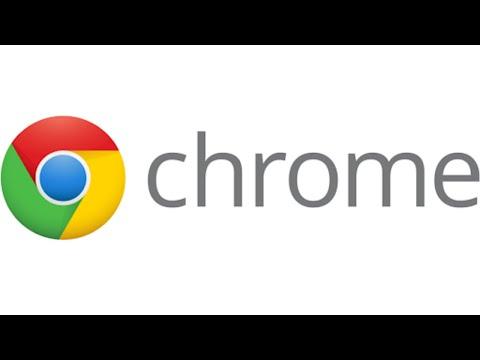I remember the first time I encountered the issue with Google Chrome lagging and being slow to open on my Windows 11 computer. It was a frustrating experience, one that seemed to come out of nowhere. I had been using Chrome for years without any significant problems, so when it started to act up, I was genuinely perplexed. My productivity took a hit, and simple tasks that once took seconds now dragged on for minutes. It felt like the browser was dragging its feet, and no matter how many times I tried to restart it or my computer, the sluggishness persisted.
Initially, I thought it was a one-time glitch. I closed and reopened Chrome, hoping that it was just a minor hiccup. But the lagging didn’t go away. Every time I tried to open a new tab, it took an eternity. Sometimes, the entire browser would freeze for several seconds, and the loading indicator would spin endlessly. Even though my internet connection was stable and fast, Chrome’s performance didn’t reflect that. I found myself repeatedly clicking on links and refresh buttons, growing increasingly frustrated with each passing minute.
I decided to take matters into my own hands and diagnose the issue. I began with the basics, checking if Chrome needed an update. Sometimes, a lagging browser can be attributed to outdated software. I navigated to the settings menu, clicked on “About Chrome,” and discovered that my browser was indeed up to date. This was a relief, but it didn’t solve the problem.
Next, I turned to the extensions I had installed. Extensions can sometimes cause performance issues, especially if there’s a conflict or if one of them is malfunctioning. I went into the extensions settings and disabled all of them, then restarted Chrome. To my dismay, the browser still lagged. It seemed that the extensions weren’t the culprit, so I needed to dig deeper.
I started looking into Chrome’s internal settings and found that it has a feature called Hardware Acceleration. This feature can sometimes cause problems with certain graphics drivers, leading to performance issues. I decided to try turning off Hardware Acceleration to see if it would make any difference. I went to “Settings,” then “Advanced,” and finally “System.” There, I toggled off the “Use hardware acceleration when available” option and restarted Chrome. Unfortunately, this didn’t resolve the issue either.
Determined to find a solution, I delved into the possibility of corrupted Chrome user data. Chrome stores a lot of data in user profiles, and sometimes this data can become corrupted, causing performance problems. I decided to create a new user profile and see if the new profile resolved the issue. I went to the “Profile” settings, created a new profile, and launched Chrome with the new profile. To my surprise, the new profile worked smoothly. It seemed that my original user profile was indeed the problem.
To fix the issue with my original profile, I started by clearing the browser cache and cookies. Over time, these can accumulate and slow down the browser. I navigated to “Settings,” then “Privacy and Security,” and selected “Clear browsing data.” I made sure to choose “All time” for the time range and cleared both cache and cookies. After clearing the data, I restarted Chrome, but the problem persisted.
I then considered the possibility of a corrupted installation of Chrome itself. I decided to uninstall Chrome completely and then reinstall it. I uninstalled Chrome through the “Apps & Features” settings in Windows 11, making sure to also delete the remaining data that was left behind. After a clean reinstall, Chrome still showed signs of lag. I was starting to feel quite disheartened.
As a last resort, I turned to checking for system-level issues that might be affecting Chrome’s performance. I ran a full system scan using Windows Defender to ensure that there were no malware or viruses causing the slowdown. Everything came up clean, which was a relief. I also checked for any pending Windows updates, as sometimes system updates can resolve underlying issues that affect applications.
Eventually, I stumbled upon a potential fix that involved adjusting Chrome’s startup settings. I discovered that Chrome was set to launch with a large number of tabs from the previous session. This meant that every time I opened Chrome, it was trying to reload all those tabs simultaneously, which could be taxing on system resources. I decided to change the startup settings to open a specific page or set of pages instead of the previous session. This change seemed to alleviate the lag to some extent.
The combination of clearing the cache, adjusting startup settings, and ensuring that there were no system-level issues seemed to improve Chrome’s performance. While it wasn’t a perfect solution, and there were still occasional slow moments, the browser became much more responsive and usable.
In the end, resolving the issue with Google Chrome lagging and being slow to open was a multifaceted process. It required a bit of troubleshooting, some trial and error, and a lot of patience. By methodically addressing each potential cause, I was able to restore Chrome to a more acceptable level of performance. It was a valuable lesson in persistence and problem-solving, reminding me that even seemingly minor issues can have multiple underlying causes.
